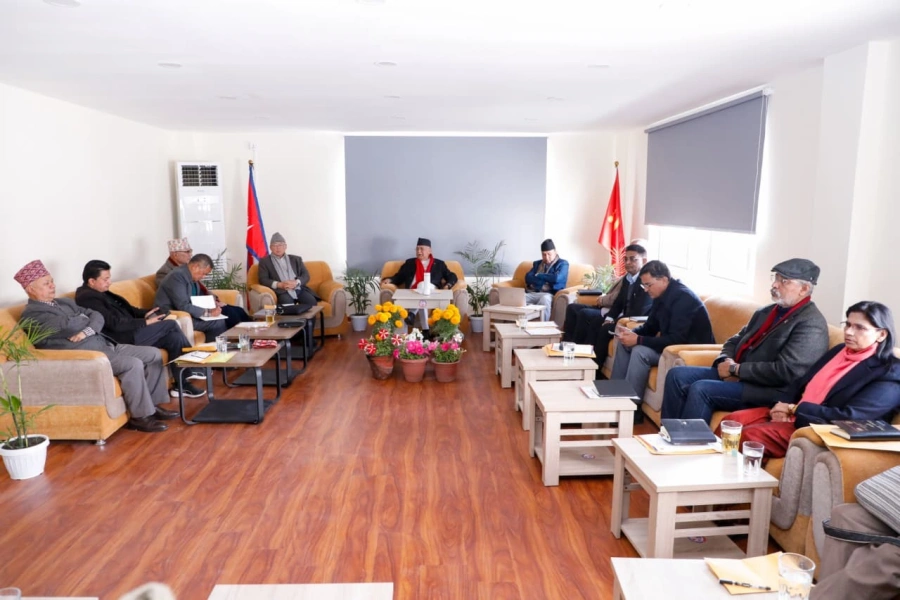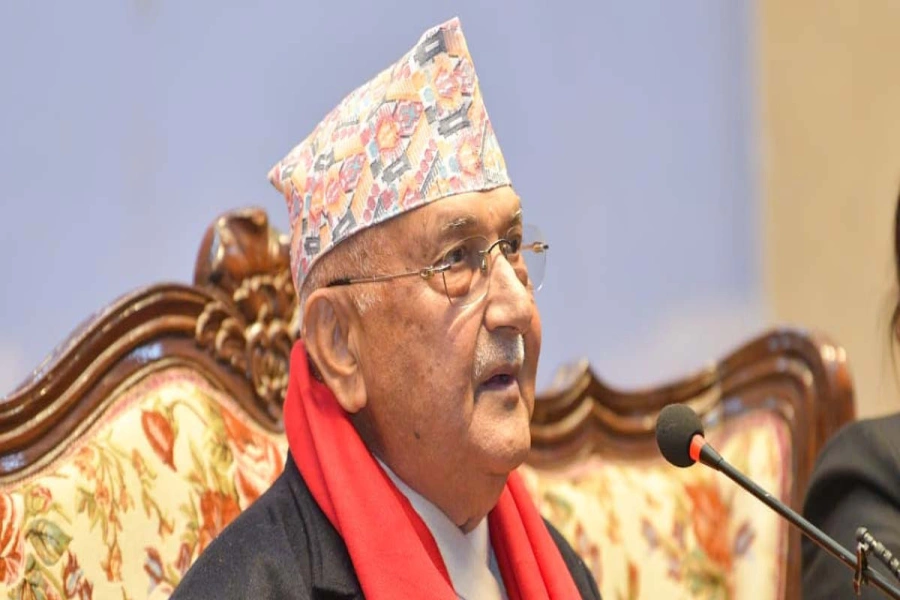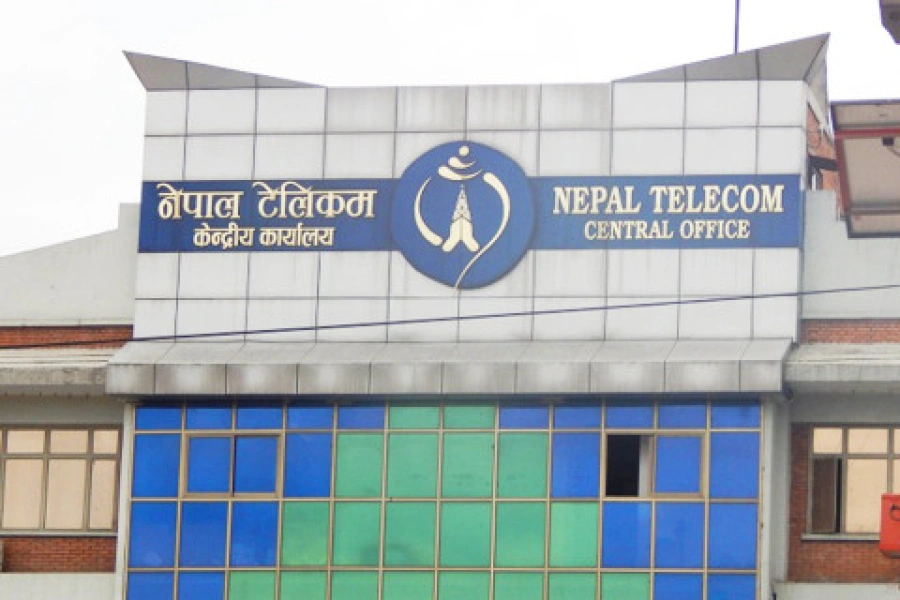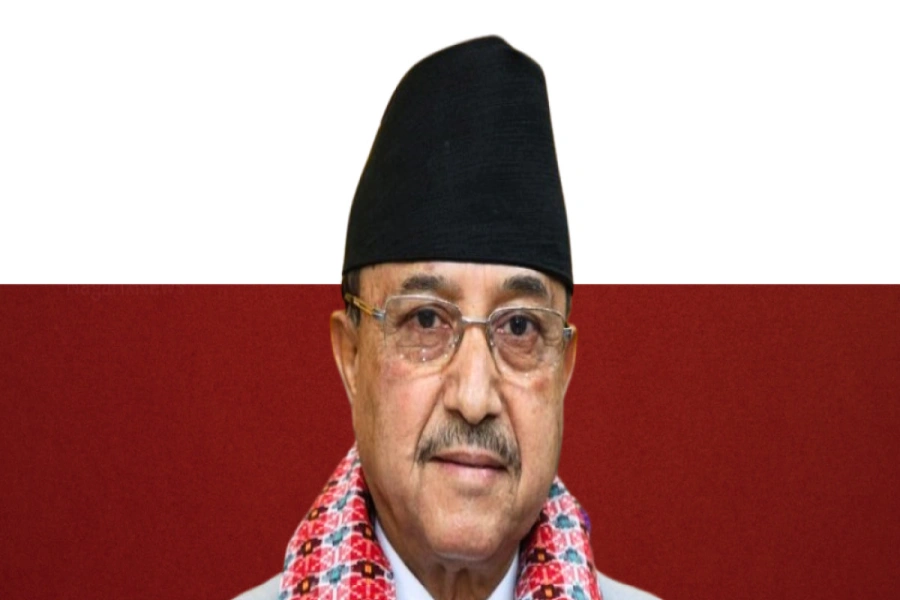Promoting breastfeeding in Nepal
The world celebrates breastfeeding week every year from August 1 to August 7 to disseminate information about benefits of breastfeeding and to promote this habit worldwide. Nepal is also observing it this week. Breastfeeding benefits have become obvious. It contributes to healthy physical and mental growth of children and develops immunity against diseases when they grow up. In addition, it also reduces the consumption of baby formulas and other pre-lacteal feeding formulas. With more literature on breastfeeding coming out, many people seem to be aware of this practice, which is critical to providing vital nutrients to children. According to World Alliance for Breastfeeding Action, scaling up breastfeeding can prevent 20,000 maternal deaths, 823,000 child deaths, and $302 billion economic losses per year. Likewise, studies have shown that breastfeeding is beneficial, not only to infants’ short-term and long-term health but also to maternal psychological health. It reduces the risk of mothers developing breast cancer, ovarian cancer, type 2 diabetes and heart diseases. Breast milk helps the babies fight viruses and bacteria and lowers risk of asthma or allergies. Moreover, babies who are breastfed exclusively for the first six months, without any formula, have fewer ear infections, respiratory illnesses and bouts of diarrhea.
PSDP in 9 core sectors to remove dev bottlenecks

Despite these proven benefits, Nepal has not been able to exclusively breastfeed its children. According to Nepal Demographic and Health Survey 2016, exclusive breastfeeding till six months of life is 66 percent while breastfeeding within an hour of birth is 55 percent. There could be various reasons behind this rather unsatisfactory record. For one, most Nepali mothers cannot afford to exclusively breast-feed because they have to be working most of the time. The mothers in rural areas have to bear the burden of family responsibilities and do the household-chores even before they recover from postnatal period. And since most rural males are away to cities or abroad for employment new mothers have the additional burden of supporting the family needs as well as taking care of the babies. Unless, work burdens on rural mothers are reduced, they won’t be able to exclusively breast-feed. Different types of problems hinder breast-feeding, especially for working mothers, in urban settings. As most corporate offices and educational institutions lack breastfeeding corners, women are forced to skip breast-feeding during the day.
Since Nepal started observing breastfeeding week from 1992, the country has launched a number of programs to promote breastfeeding and improve maternal and neonatal health. And it has paid off too, to some extent. More than half of babies in Nepal are breastfed in the first hour of life, according to UNICEF, Nepal. The government has established more than 100 breastfeeding rooms and breastfeeding corners throughout the country. It has announced to implement the provision of a mandatory arrangement of lactation rooms at all the 753 local levels and state-level offices. But this alone won’t help much. With years of campaigns and awareness, Nepalis know the importance of breastfeeding. The focus of the government as well as non-government actors should be to make it easier for all mothers—from hills and plains or poor or rich—to provide vital nutrients to their babies through breast milk.






































